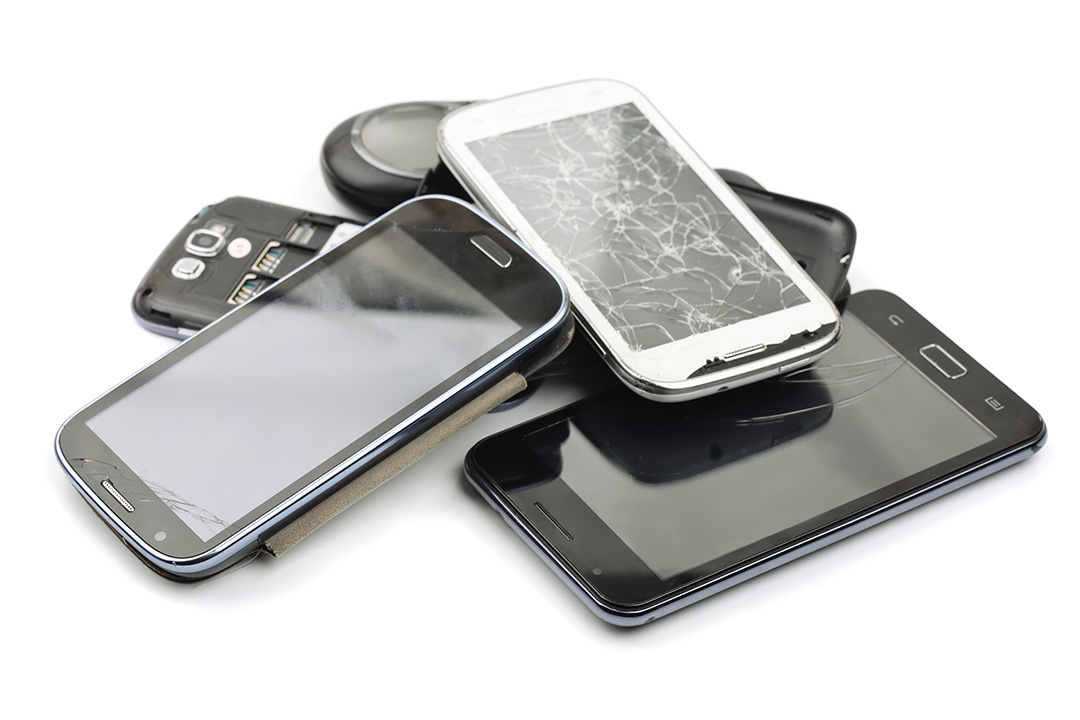
Legislators in the Gopher State have taken language from two right-to-repair bills and inserted it into the state’s budget. | Anton Starikov/Shutterstock
By incorporating language from previous bills into its budget, Minnesota has now become the second state in the nation to enact a right to repair digital devices.
Two electronics right-to-repair bills were introduced in the state this year – Senate File 1598 and House File 1337. Neither passed out of their chamber of origin; however, similar language was added into the budget, SF 2744. Democratic Gov. Tim Walz signed the budget bill on May 24.
New York was the first state to pass a digital right to repair bill in 2022, though critics said the bill had been watered down.
In the Minnesota budget, the Digital Fair Repair Act rests in section 11, line 167.8. It requires OEMs to make available to any independent repair provider or owner all documentation, parts or tools for diagnostic, maintenance or repair at fair and reasonable terms.
It defines “fair and reasonable terms” as having both the same cost as the OEM would charge an authorized repair provider and involving no attached obligation that an independent repair provider become an authorized repair provider. Additionally, there can be no requirement that the part be registered, paired with, or approved by an OEM.
OEMs do not have to divulge trade secrets or license out intellectual property, “except as necessary to provide documentation, parts and tools,” the bill text states. OEMs also do not have to provide special documentation, tools or parts to disable or override anti-theft security measures.
“Nothing in this section shall apply if the original equipment manufacturer provides equivalent or better, readily available replacement equipment at no charge to the customer,” the bill text notes.
The act covers devices purchased after July 1, 2021, and goes into effect July 1, 2024.
Evolving language
Several changes from the Senate and House bills made their way into the budget provision. For example, the Senate version included a requirement that OEMs provide the tools necessary for resetting an electronic security lock or other security-related function.
The budget provision also moves back the start date for covered devices. SF 1598 would have also only covered items purchased after Jan. 1, 2024.
Some items on the final exemption list did not originate in the Senate or House files. For example, HF 1337 did not exempt agricultural equipment, and SF 2744 did not exempt video game consoles.
Excluded from the final language in the budget are motor vehicles, medical devices, farm equipment, off-road or nonroad equipment, electronic vehicle charging infrastructure equipment, video game consoles and energy storage systems.